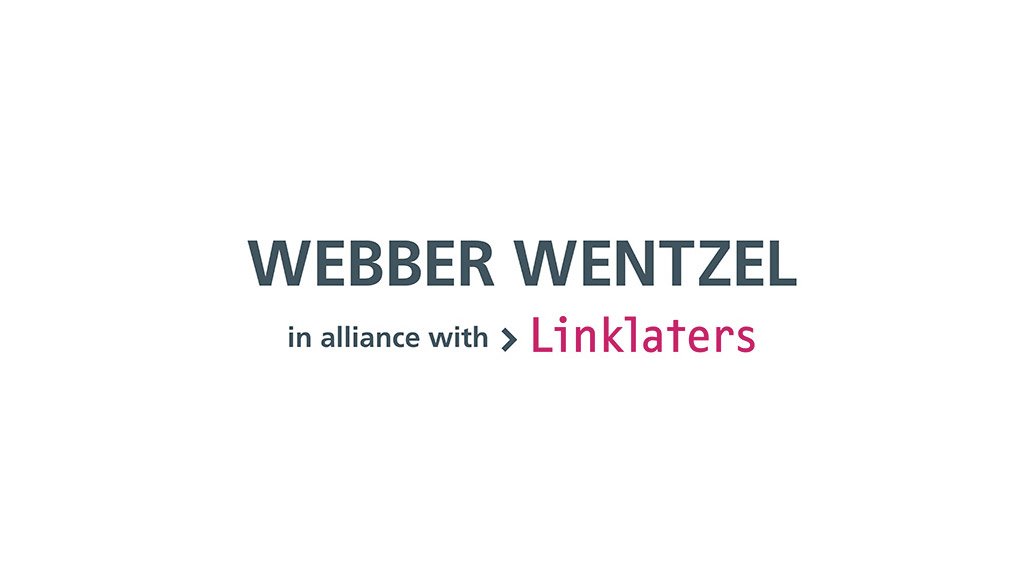Esports is a rapidly growing industry in South Africa, with the sector expected to reach ZAR 3-billion in revenue by 2030 and a compounded annual growth rate of 29.5% between 2024 and 2030. These statistics indicate that South Africa contributes approximately 1.2% of global revenue to the sector, establishing it as the market leader in Africa. This growth is largely attributed to nearly 45% of the population engaging in gaming, demonstrating South Africa's strong potential to attract audiences and large-scale competition and events such as Rage Expo, Comic Con Africa and Rush.
Given the prevalence of international sponsors and tournaments, local organisations must navigate both international intellectual property (IP) frameworks and South Africa's own IP framework when contracting with sponsors and tournament organisers.
In the unique South African market, the emergence of township gaming communities and grassroots esports initiatives brings new considerations for sponsorship organisations. These organisations must balance protecting IP rights with supporting inclusive growth in previously underserved markets. This includes considering traditional knowledge protection and community rights when engaging with local gaming communities.
To address these synergies, sponsorship organisations should consider the following IP aspects when forming partnerships:
Rights to use IP of other organisations: Failure to secure explicit rights for team logos, player images, and IP-containing materials may result in trademark infringement claims. These rights are often granted through licences, which specify how and where such rights may be exercised.
Ambush marketing preventive measures: Protection against competitors gaining unauthorised exposure by associating with events without official sponsorship is crucial. Sponsorship and licence agreements can help prevent ambush marketing and protect against unintended use of IP by unauthorised businesses and individuals.
Consent to use copyright: Managing rights for original works within the sector, including video game content, streams, and promotional materials is essential. Moreover, esports organisations should ensure that their own copyrights are protected, particularly those relating to their trading name, branding and marketing collateral.
Digital assets and NFTs: Navigating the complexities of digital ownership rights is increasingly important as teams and brands tokenise their brands and create exclusive digital collectables. For example, in February 2022, lifestyle brand and gaming organisation 100 Thieves released 300 000 collectible Polygon NFTs called 'Championship Chains' which significantly boosted its brand engagement. Similarly, European esports giant OG Esports, raised USD 1 million in three months by selling three digital artwork collections.
The evolution of sponsorship structures in South African esports has moved beyond traditional advertising models. Organisations now engage in revenue-sharing models, content creation partnerships, and digital activation rights. This shift requires more sophisticated IP protection mechanisms, especially when dealing with cross-border tournaments and international brand exposure.
Sponsorship agreements provide comprehensive frameworks for managing IP rights within the South African esports’ ecosystem. These agreements contain sophisticated provisions addressing multiple aspects of IP protection. A cornerstone provision focuses on IP ownership rights, determining ownership of newly created IP while establishing guidelines for brand integration and promotional material creation. This is crucial when managing cross-border tournaments and international brand partnerships.
Beyond esports athletes and tournaments, a recent trend has emerged where esports organisations employ content creators and content creation teams who are separate from esports professionals. These creators and teams are responsible for promoting the esports organisation's brand and may secure their own sponsorship. Sponsorship agreement should address the protection of proprietary game content, including software code and creative elements, while simultaneously managing the complexities of streaming rights across multiple platforms. This is especially relevant in the South African context, where platforms like Twitch and YouTube Gaming have seen exponential viewership growth during and after the pandemic. Agreements must outline frameworks for content exploitation, covering both live tournaments and video-on-demand content, while ensuring compliance with local broadcasting regulations and international copyright standards.
The trademark provisions within sponsorship agreements require a balance between protection and commercial exploitation, particularly in this rapidly growing sector. Agreements incorporate comprehensive trademark clearance procedures and usage guidelines that align with both the South African Trade Marks Act and international IP frameworks. Exclusivity clauses have evolved beyond simple non-compete provisions to address the nuanced requirements of digital presence, social media integration, and streaming platform exclusivity.
As South Africa solidifies its position as Africa's leading esports market, well-structured sponsorship agreements and comprehensive IP strategies will remain fundamental to sustainable growth. Through this approach, stakeholders can continue to forge partnerships that drive innovation, safeguard IP rights and foster inclusive development across the South African esports’ ecosystem.
Written by Karl Blom, Partner, Prineil Padayachy, Senior Associate and Lesedi Mathumetse, Candidate Attorney at Webber Wentzel
EMAIL THIS ARTICLE SAVE THIS ARTICLE ARTICLE ENQUIRY FEEDBACK
To subscribe email subscriptions@creamermedia.co.za or click here
To advertise email advertising@creamermedia.co.za or click here











